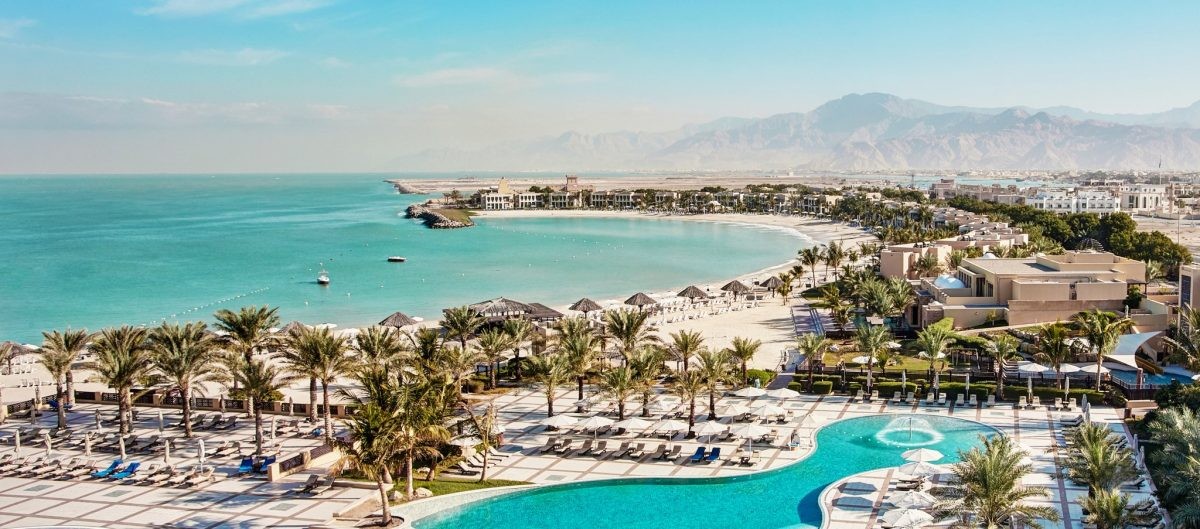
For the last 2 years I’ve been asked the same question again and again: When will the HR market pick up? And the truth is I’ve never been able to give a straight answer! There have been times when I have witnessed more activity in the market; once budget is signed off for an HR role, companies are quick to go to market and make a hire. But instances like this are few and far between, and the truth is that the role being hired is rarely fully defined or bench-marked. The hire is often a quick fix to a problem faced by many companies in the region – HR is failing to meet the business needs, yet the business doesn’t want to invest in HR. It’s been like this for a long time in this region now, and the fact still remains that it must change at some point.
But when?
Like many support functions, HR is a cost on the balance sheet. There is very few companies that pride themselves in providing accurate HR data that shows a positive impact of HR policies on the bottom line. That’s not to say that all companies here have poor HR teams or initiatives. But it is fact that HR is often bogged down by administration and firefighting employee issues.
I moved to the Middle East in 2011, and at that point companies were coming out the other end of the financial crisis. In particular, the multinationals where investing heavily in senior and specialist HR talent – regional HR Directors, reward and HRIS specialists, talent management and in-house recruitment managers. Family Groups were also beginning to understand the benefit of hiring best practice HR into their leadership teams and as such made many high-profile appointments at Director and Board level. The opportunities seemed endless for good recruitment consultants to move into corporate recruitment functions, all of which were being headed up by heads of recruitment from impressive multinational backgrounds. Companies were building in-house reward teams, again headed up by multinational talent from across the globe – companies suddenly wanted to link reward to performance and hold employees more accountable for their own development. It seems that everyone from DU to Chalhoub wanted to focus on talent management – succession planning and employee engagement were serious buzzwords and the budget was high for anyone with the right toolkit.
So what happened? Did HR fail to impress in the end? Or, did the companies fail HR?
My view is that it was a mix of both. HR professionals in the region had become unrealistic on salary expectations and worth in the global market. Without proper benchmark information on HR salaries, it was easy to demand and get a premium when the market was buoyant. But these salaries were not sustainable in an emerging market which faced so many ups and downs. Due to these high salaries, companies were slow to invest in HR technology, instead relying on their well-paid HR professionals to manage data through excel sheets. There was also an over-reliance of HR consulting firms in some industries, in particular for reward and L&D initiatives. The gap between the HR/CoE Directors and team members was wide, resulting in poor implementation and deliver of the “best practice” HR strategy.
As such, companies started making HR redundant and suddenly we are left with the current situation – no real direction within HR, disgruntled employees, frustrated managers and a lack of consistency in hiring needs, packages and even job titles within HR. There are less HR directors and more HR managers. There are less heads of reward and more C&B analysts. There are less heads of recruitment and more recruiters. In some ways, the HR market has taken a huge step backwards into operational mode. It is suddenly a very junior market and at best a mid-level management market. With costs of living been perceived as high, the chances of attracting senior, strategic talent is less.
So what can be done?
The fact remains that the Middle East is a very ambitious and growing market place. Ask any company director what the challenge for their organisation is and they will mention at least one of the following: attracting talent, retaining talent, developing talent and rewarding talent. Losing talent to the competition takes companies backwards and creates an atmosphere of uncertainty. The answer is to invest in the right HR function – not just an HR Manager who can do everything but a team of professionals with expertise in key areas of HR. If the pain point is your incentive scheme (for examples, sales incentives aren’t achievable and driving performance) then make sure your HR manager has a background in compensation schemes, or better still, hire a C&B specialist. If your succession plan is non-existent and your leadership team is reaching retirement age, make sure your HR manager has a background in competency modelling, job evaluation, development and coaching. Better still, hire a talent management expert.
I believe companies have got used to hiring “HR” and not thinking about what they need HR to really do. This is not to say there is no need for HR generalists – there is! But only in an organisation where the HR agenda is achievable with a generalist background. I am witnessing this from the sheer volume of recruitment roles on the job boards – suddenly companies are back in growth mode, but their HR is not comfortable managing resourcing. Rewind 12 months and recruitment teams where more of less wiped out of even the largest companies in the region, and HR was expected to “look after” resourcing.
It is also important that companies start hiring at the level they really need, not just based on the budget they have. Yes, salaries have reduced and expectations are now more realistic, but it is not a long term solution to hire a junior person into a strategic or highly visible role. They almost always fail without the right support and this only delays progress across the business. Companies will get a better ROI by hiring an experienced and qualified candidate.
At the start, I posed the question Can HR make a comeback in the Middle East? My answer is most certainly yes. It needs to make a comeback if companies are to grow. HR needs to be properly defined for each business and structured in the most effective way – whether through specialist teams, shared services or regional clusters. The right level of HR needs to be hired. Salaries need to be fair. Job titles need to be reflective of the skills needed and the level within the organisation.
There has been a mass-exodus of HR talent over the last 2 years. However I can now see new talent entering the market. The mid-level managers have a real chance to step up and progress. But companies have to see the benefit of senior talent. Experience is by far the most valuable skill an HR person can offer a company. Experience reduced the time to reach the desired outcome and gives leaders peace of mind when taking people decisions.
Without experience, companies risk taking another huge step back.
Perhaps now is the time to bring experienced HR back into the Middle East.





